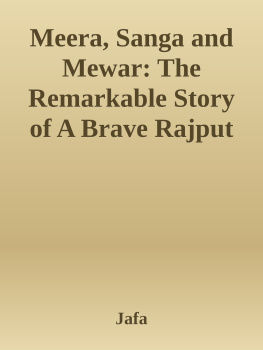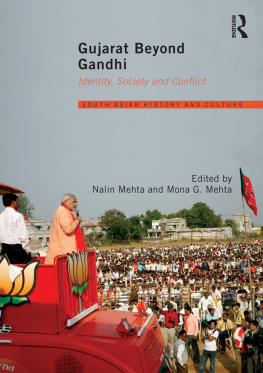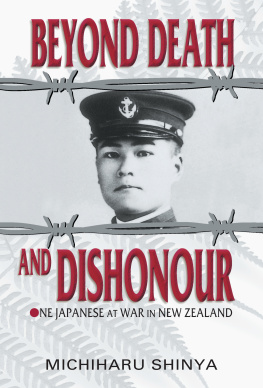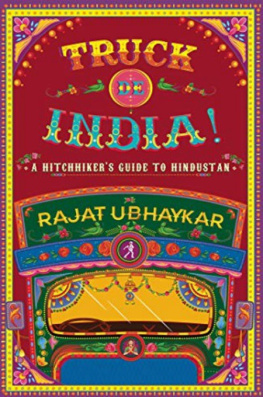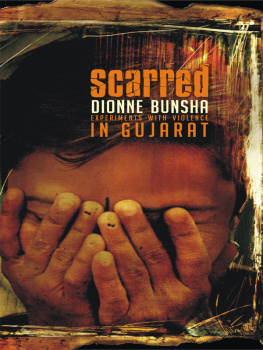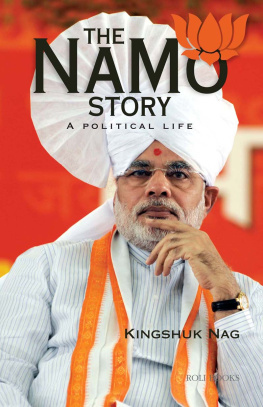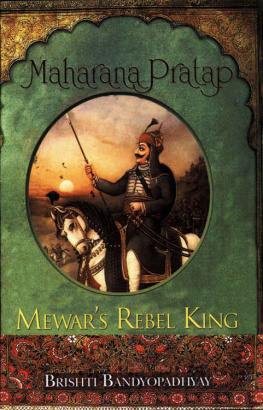One of the premises underlying this novel is that an easy colloquial currency of language will make the concerns, dilemmas and predicaments of the Maharaj Kumar, Rana Sanga, and the others as real as anything we ourselves are caught in: a birth, divorce, death in our families; political intrigue, a national crisis, or a military confrontation in the life of our nation. The idea was to use contemporary idiom so long as the concepts we use today were available in the sixteenth century. For example, the measurement of time, theories of education, war strategies, music, the functioning of bureaucracy, etc. I was striving for immediacy, rather than some academic notion of fidelity, at best simulated.
T he small causes court sits on Thursdays. When Fathers away I preside. There were fourteen plaints to be heard. I dealt with them all, albeit as the sun rose to the meridian and then crossed it, I became impatient. The seventh was the most interesting, perhaps because it was not about being done out of money or land but afforded a change of pace and a bit of humour.
An old, bent dhobi, I would have sworn it was the same washerman who besmirched Sitas name and obliged Lord Rama to banish her into the wilderness some two thousand years ago, was now casting aspersions on his wifes virtue.
She has a lover, maybe several, his voice was thick with chronic bronchitis and he had to clear his throat many times before he could speak.
Do you? I asked his wife. She couldnt have been more than sixteen or seventeen. How naive, or hypocritical, can one get in court? Did I really expect her to smile demurely and tell the court who she was sleeping with?
I was sitting in a small semi-hexagonal balcony which jutted out from the sheer rear wall of the palace my great grandfather Maharana Kumbha had built. She and the other litigants stood fifteen feet below. Her head was covered with a green and yellow bandhani chunni which was tucked into the cleavage of her blouse. I was sure I had seen that chunni before. The sun got into her eyes when she raised her head to answer me. She bent forward and drew the silk covering her head down, to shield her eyes. Her ivory bangles, each bigger than the previous one, clattered down into the angle at her elbow. Her breasts, the colour of fine sand at Pushkar, were exposed for a brief second. I could feel Mangals eyes at the back of my neck. I still couldnt figure out why that chunni was so familiar.
Ask him, she ignored my question, if he has performed his husbandly duty by me even once after my father got me married to him two years ago. Her forthrightness was as unsettling as it was unexpected. Her eyes held mine. There was no bitterness in her voice; a matter-of-factness, thats all.
Is this true? I asked her husband.
What do you think? Would any man, least of all her lawful husband, be able to keep his hands off such succulent fruit?
What is your age, old man?
Whats that got to do with her infidelity?
Dont be impertinent or Ill have you thrashed.
I was washing clothes before His Majesty, your father, was born but Im still able. I was the Hatyaras dhobi. Never was a king so obsessed with cleanliness. But he could never wash the blood off his hands. He was always on the run. Where he went, I went.
You have a loose tongue, old man. Itll tie a noose around your neck one of these days.
I know the Hatyaras name is taboo, but his father had no intention of dying or relinquishing his throne. Thirty-five years is a long time to wait. Do you blame him if he lost his patience and got rid of Rana Kumbha? Would you do any the less if Rana Sanga, your father, may he live forever, hangs on to his crown thirty, forty or fifty years from now?
Were it not for your age, old man, you would die for treason. Even so, youll receive ten lashes after the court rises.
That will not dampen my virility, Your Highness.
I was beginning to tire of his garrulousness.
That remains to be seen. Go to the brothel at the end of Tamarind Lane on Monday night and prove your prowess in Rasikabais bed. Ill defer my judgement till she gives me her report.
And were I to fail, and I say this merely as a point in rhetoric, does that justify my wifes infidelity?
Even if you prove your virility with Rasikabai, youll still need to produce proof of your wifes unfaithfulness.
* * *
I like to be at work by six thirty in the morning. That gives me an hour and a half to scrutinize the papers, appraise individual issues, take decisions, jot down my remarks in the margins and move on to more pressing matters. Around nine, while I was conferring with Sahasmal from the Department of City Planning about digging a couple of wells, since the population of the town had risen by over a thousand in the last year, a courier from Father arrived. The confrontation with the Sultan of Gujarat was proving to be more difficult than Father had anticipated and he now needed money to pay the troops, buy victuals and enlist the support of two score and ten rawals and rawats and their garrisons.
There was of course no money in the exchequer. We fought endless wars so that our enemies would sue for peace and fill our coffers, and immediately emptied them to pay back the interest settling the original sum was out of the question to our gracious financiers, the Mehtas. And borrowed from them on the instant to finance further wars which, in turn, would fill our treasuries to bursting and ease the pressure of interest payments, and so on and so forth, till the vicious circle had become the web at the centre of which we were stuck like flies being slowly sucked of all juice.
I sent a message to the treasury, Kuber Bhavan, asking the grand old man, Adinath Mehta, to do me the favour of conferring with me in my private chambers. Adinathji had refined the game of protocol, wherein he had the upper hand but placed himself in the position of a supplicant, to a minor art form. Would I do him the honour of going over in the evening for a game of chess followed by dinner? His wife, happy coincidence, had prepared my favourite sweet, rabadi. It would be a change of atmosphere from the affairs of state and his great-granddaughter, Leelawati, would be delighted to show me how much progress she had made in embroidering the royal insignia for the flag which would accompany me when I led our troops in battle.


